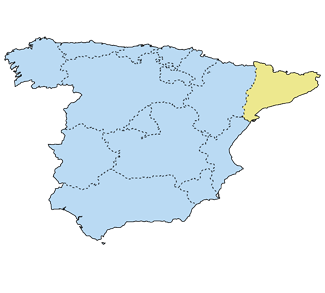Europe is currently grappling with an unprecedented influx of refugees from war-torn countries such as Syria, Iraq, Afghanistan, and Eretria, putting further strain on a political fabric already frayed by the Greek sovereign debt crisis. The numbers are daunting – 107,000 refugees entered Europe in July, up from 70,000 in June, and Germany alone is expecting 800,000 asylum applications in 2015.
The crisis comes at a bad time for Europe’s grand experiment. The saga of the third Greek bailout has soured relations among certain EU member states and, similar to fiscal policy, external immigration is outside the scope of Brussels and remains a closely-guarded responsibility of national governments. Although the crisis demands a coordinated, regional approach if there’s to be any hope for a solution, it’s almost certain that one won’t be forthcoming, and the mere attempt to negotiate one could kick the hornets’ nest of national blowback against what is viewed by many as unwanted dictates from the mandarins in Brussels.




